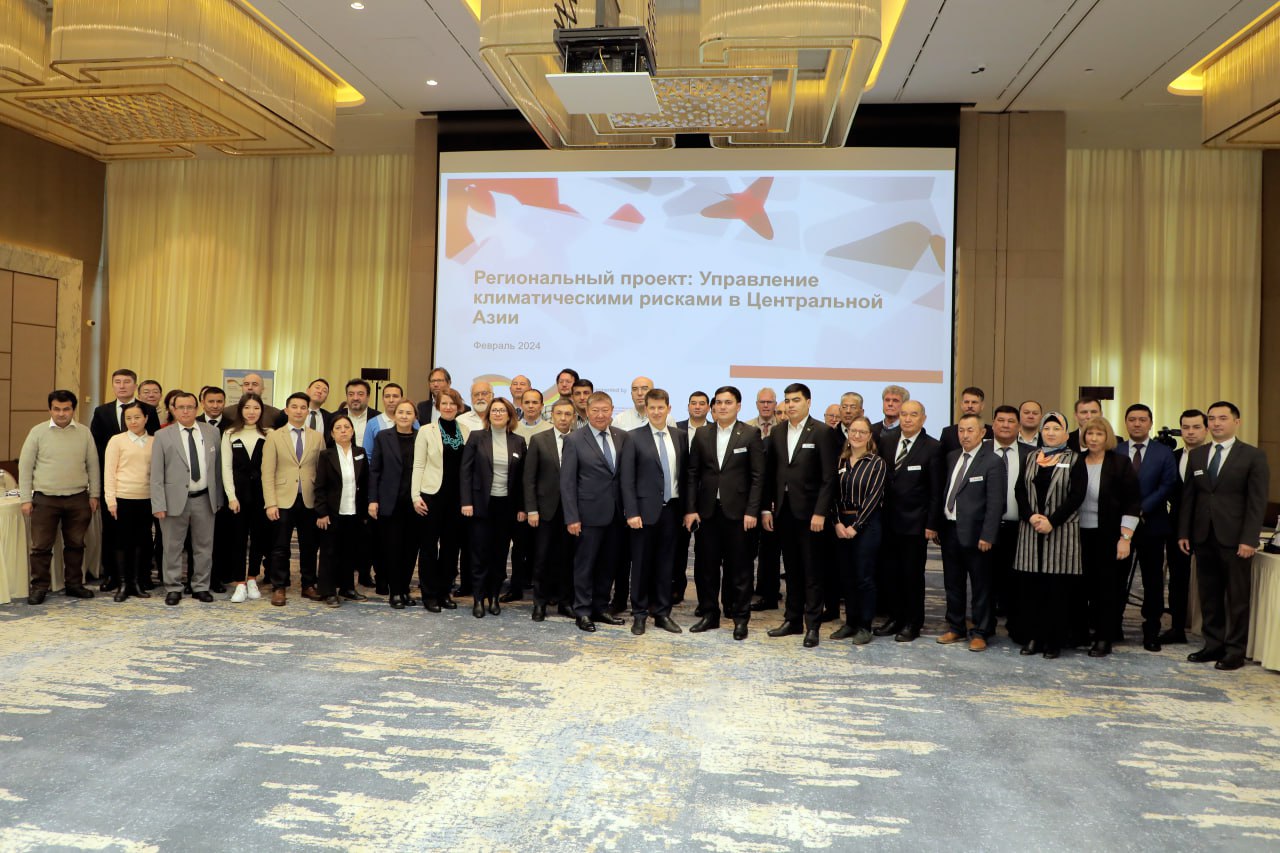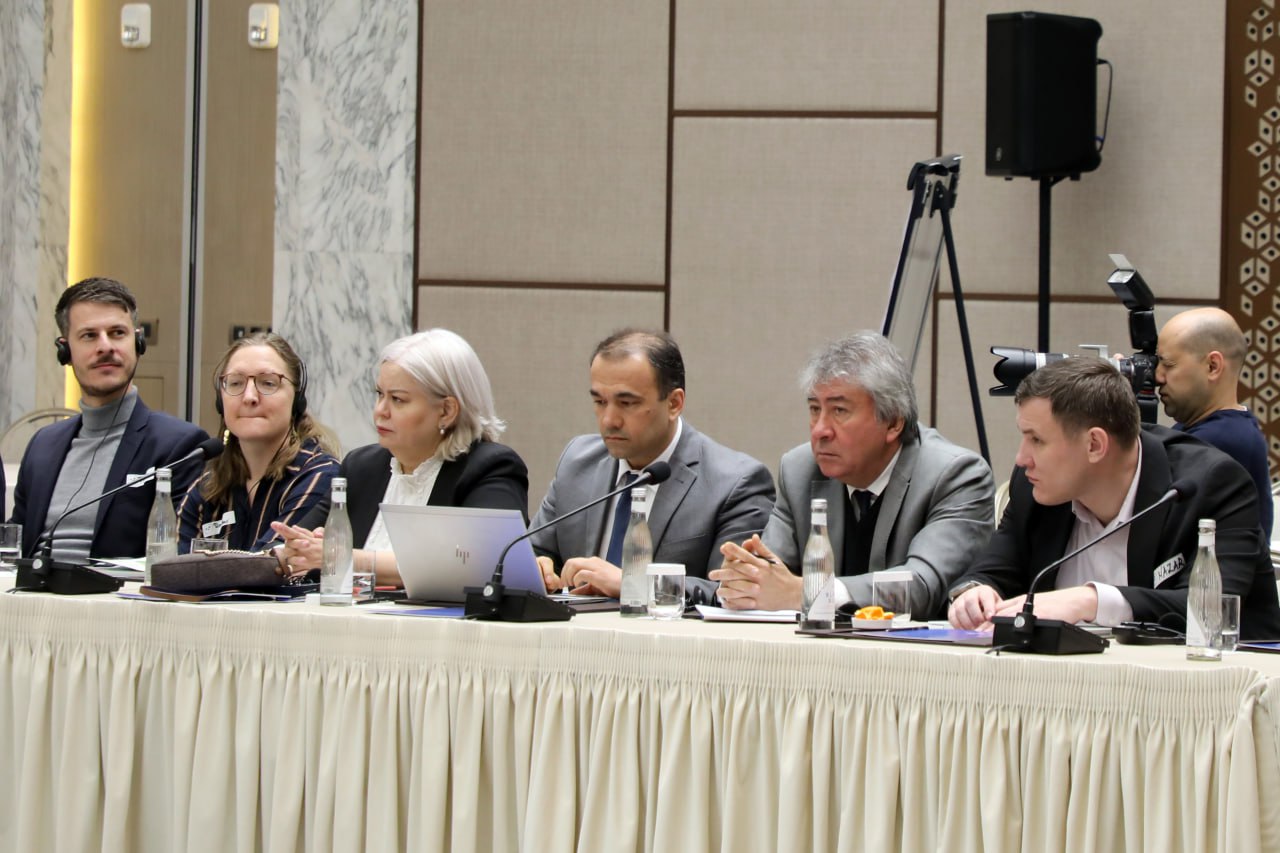
On February 20, a regional seminar on “Climate Risk Analysis and Capacity Development” was held in Tashkent, dedicated to the launch of a large six-month study to assess climate risks for five river basins in Central Asia.
For information: based on the results of the assessment, issues related to climate risks in relation to five river basins were discussed: Isfayram-Sai in Kyrgyzstan and Uzbekistan, Shakhimardan in Kyrgyzstan and Uzbekistan, Zarafshan in Tajikistan and Uzbekistan, Murghab in Turkmenistan and Chong-Kemin in Kyrgyzstan and Kazakhstan .

“The Ministry of Ecology, Environmental Protection and Climate Change, together with the German Society for International Cooperation (GIZ), is implementing a number of projects aimed at managing climate change in Uzbekistan. The goal is to identify environmental aspects and reduce the impact of climate change when using rivers in agriculture, energy and other areas. Today, together with foreign experts, a search for scientific solutions on this issue is being carried out. Also in the Fergana and Samarkand regions, the impact of the Zarafshan River on climate change will be studied locally,” said Abdumadzhid Kholmurodov, head of the department of the Ministry of Ecology.
The seminar was attended by specialists from national hydrometeorological services, environmental protection, water management and emergency authorities from Kazakhstan, Kyrgyzstan, Tajikistan, Turkmenistan and Uzbekistan. Together they identified challenges and opportunities for future climate risk assessment in the region. Until now, when determining risks, the following criteria have been taken into account: the size of the transboundary basin, the presence of water-related emergencies (for example, landslides, channel changes), the presence of hydrological and meteorological stations, etc.

“Changes in the climate cycle cause various changes in nature. In particular, this will have a negative impact on water and agriculture, the environment, the economy and the standard of living of humanity as a whole,” said Isomiddin Akramov, project manager of the UN Development Program. “The main goal of today’s project is to identify climate risks, develop climate change adaptation plans and manage them. It is planned to implement small projects among the population to adapt to climate change. This will allow people living in mountainous areas to be prepared for climate change in the future,” he added.
For information: the research and kick-off workshop are part of the program “Climate Risk Management in Central Asia”, organized in cooperation with the German Society for International Cooperation (GIZ). The goal of the regional program is to improve the management of transboundary climate risks in the region. The program team advises and supports government environmental agencies and partner organizations in developing policies, action plans and sharing experiences on climate change adaptation and water-related climate risk management.
It is worth noting that in conditions of rising overall temperatures, in Central Asia there continues to be a tendency for changes in atmospheric precipitation, melting of glaciers and filling of moraine lakes, which entails an increased risk of droughts, landslides and floods. These phenomena transcend borders, necessitating regional systems and efforts that recognize the interconnectedness and cross-border nature of natural disasters and climate risks. Recognizing this, the Central Asia Climate Risk Management program supports Central Asian governments as they collaborate to manage and coordinate responses. This includes supporting regional platforms for sharing knowledge and expertise, capacity-building activities, working to establish a regional early warning network for hydrological disasters, and assessing basin-specific climate risks and necessary adaptation measures.
Source https://eco.gov.uz/ru/site/news?id=4004

